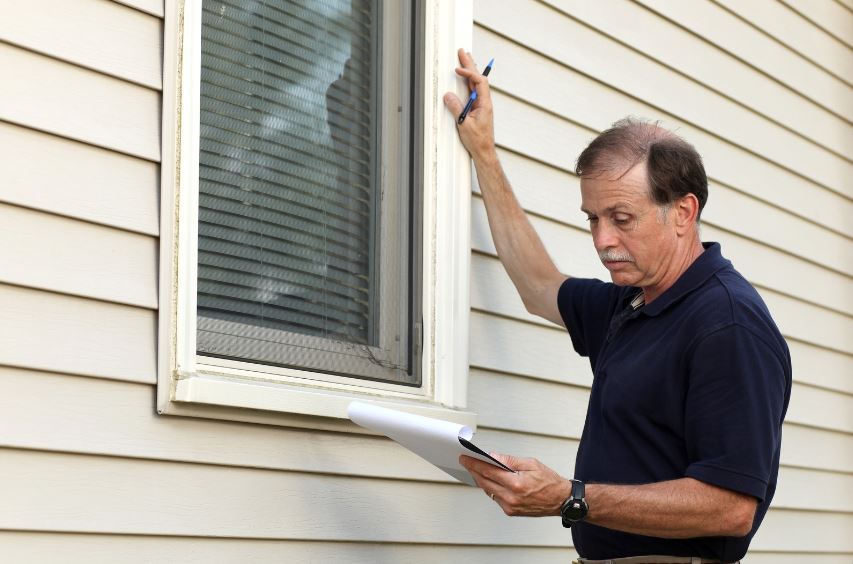What Is A Home Inspection?
A home inspection is like a thorough check-up for a house before it gets sold. The inspector looks at everything from the walls and roof to the plumbing and electricity to make sure everything works well and is safe. They also look for any problems that could lower the house’s value or cause safety concerns, like fire hazards or damage. It’s basically making sure the house is in good shape before someone buys it.

all about Home Inspection In Italy
In Italy, home inspections, known as “perizie immobiliari” or “ispezioni immobiliari,” are crucial steps in the real estate process, offering valuable information for both buyers and sellers. Here’s an overview of how home inspections work in Italy:
-
Purpose: The main purpose of a home inspection in Italy is to evaluate the condition of a property and identify any structural, safety, or regulatory issues. These inspections help buyers make informed decisions about purchasing a property and assist sellers in understanding its true value and any necessary repairs or improvements.
-
Process: Home inspections in Italy are typically conducted by professional inspectors or engineers who specialize in evaluating properties. Inspectors thoroughly examine various aspects of the property, including its structure, electrical systems, plumbing, heating, ventilation, air conditioning (HVAC), and overall safety features. They may also check for compliance with building codes and regulations.
-
Legal Requirements: While home inspections are not legally mandatory in Italy, they are highly recommended, especially for buyers. Sellers are required to disclose any known defects or issues with the property, but a comprehensive inspection can uncover hidden problems and protect both parties involved in the transaction.
-
Choosing an Inspector: It’s essential to hire a qualified and experienced inspector for the job. Look for professionals who are licensed, insured, and have expertise in evaluating properties in Italy. You can also ask for recommendations from real estate agents or other homeowners who have undergone inspections.
-
Report: After completing the inspection, the inspector provides a detailed report documenting their findings. This report typically includes descriptions of any issues discovered, photographs or videos as evidence, and recommendations for repairs or further evaluation by specialists if necessary. Buyers can use this information to negotiate with sellers or request repairs before finalizing the purchase.
-
Cost: The cost of a home inspection in Italy can vary depending on factors such as the size and complexity of the property, as well as the level of detail required. On average, you can expect to pay several hundred to over a thousand euros for a comprehensive inspection.
-
Additional Inspections: Depending on the property’s location, age, and specific concerns, buyers may opt for additional inspections such as seismic assessments, energy efficiency audits, or environmental tests for factors like radon or asbestos.
Overall, home inspections play a crucial role in the Italian real estate market by providing transparency, protecting buyers and sellers, and ensuring the safety and quality of properties.













